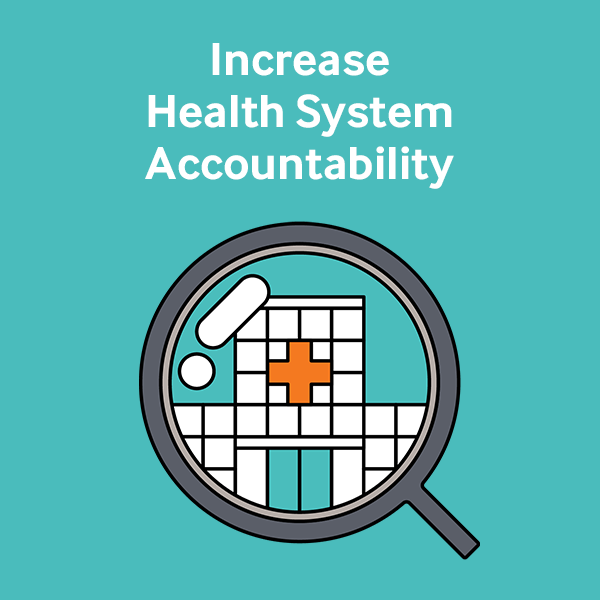Gregg S. Meyer, MD, MSc
Chair of the Task Force
President of the Community Division &
Executive Vice President of Value-Based Care,
Mass General Brigham
Professor of Medicine,
Harvard Medical School
Toyin Ajayi, MD, MPhil
Chief Health Officer & Co-Founder
Cityblock Health
Mandy Cohen, MD, MPH
Secretary
North Carolina Department of Health and Human Services
Patrick Conway, MD, MSc
CEO, Care Solutions
Optum at UnitedHealth Group
Karen Dale, RN, MSN
Market President
AmeriHealth Caritas DC
Julian Harris, MD, MBA
Partner, Health Care Services & Technology Investment
Deerfield Management
Vivian Lee, MD, PhD, MBA
President, Health Platforms
Verily Life Sciences
Mark McClellan, MD, PhD
Robert J. Margolis Professor
Duke University
Director
Duke-Margolis Center for Health Policy
Farzad Mostashari, MD, MSc
Founder & CEO
Aledade
Mary Naylor, PhD, RN, FAAN
Director
NewCourtland Center for Transitions and Health
Marian S. Ware Professor in Gerontology
School of Nursing, University of Pennsylvania
Debra L. Ness, MS
President
National Partnership for Women & Families
David Pryor, MD
Former Executive Vice President & Chief Clinical Officer
Ascension
Kyu Rhee, MD, MPP
Vice President & Chief Health Officer
IBM Corporation and IBM Watson Health
Wayne J. Riley, MD, MPH, MBA, MACP
President
State University of New York (SUNY)
Downstate Health Sciences University
Craig Samitt, MD, MBA
President & CEO
Blue Cross Blue Shield of Minnesota
Mary Wakefield, PhD, RN
Visiting Professor
The University of Texas at Austin & Georgetown University
Alan Weil, JD, MPP
Editor-in-Chief
Health Affairs
Gail Wilensky, PhD
Economist & Senior Fellow
Project HOPE






